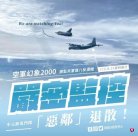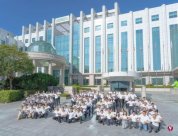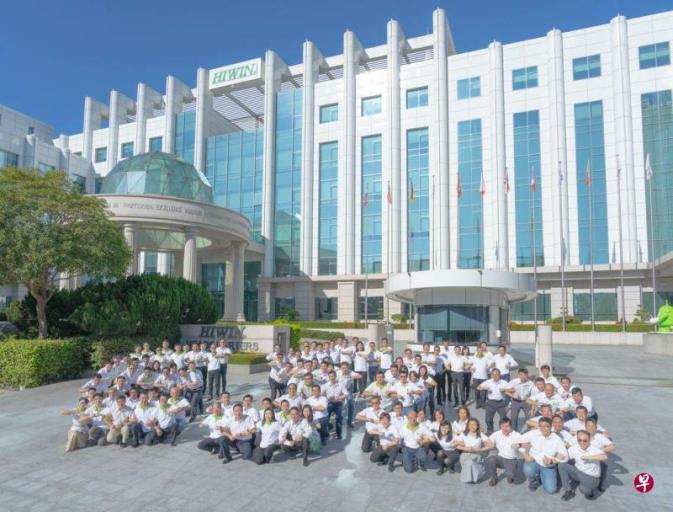
From China (Mainland) to one, to Taiwan, it reflects the evolution of the Sino -US trade war into a cold war of science and technology and the deterioration of the situation on both sides of the Taiwan Strait.The response and layout quickly made.
Since Sino -US relations have deteriorated sharply since 2018, global multinational companies have accelerated the strategy of "China+1" (China+1 ".In recent years, the Sino -US scientific and technological war has continued to upgrade. The global supply chain cannot be decoupled due to interests. However, it emphasizes risks and reduces its dependence on the "world factories" in mainland China. It does not put all eggs in a basket.
This major trend appeared in the new development of "Taiwan Plus One" (TAIWAN + 1) last year.In August 2022, Pelosi, then the Speaker of the House of Representatives in the United States, strongly opposed to visit Taiwan in Beijing, triggering the Taiwan Strait crisis and military exercise of Taiwan.European and American countries and manufacturers have further demanded that Taiwan's high -tech operators, outside Taiwan, find a reserve production base or backup base.There are also Taiwanese businessmen who actively adjust to echo the new strategy.
Xu Zunci, director of the Taiwan ASEAN Research Center of China Economic Research Institute, pointed out in an interview with Lianhe Morning Post that from China to Taiwan to Taiwan, one can actually be called "Greater China plus one".Risk and increase supply chain toughness.
She said that under the situation of China and the United States confrontation, mainland China is no longer feasible as an export base; at the same time, Taiwan's high -tech industry, especially semiconductor and precision mechanical manufacturers, who play the most critical role in the supply chain, must also beAvoid excessive concentration of research and development and production in Taiwan, so that when the situation of the Taiwan Strait intensifies, severe interference to global supply chain and economy.
She said that in recent years, Yajia'an (Taiwan is called the ASEFS) has actively promoted industrial upgrading and transformation. Under the epidemic and global supply chain reorganization and transfer wave, the new industrial territory is emerging.At present, Vietnam and Malaysia have jumped to the electronics and semiconductor industry leaders, and Thailand and Indonesia have become the double -long engine of the electric vehicle industry.
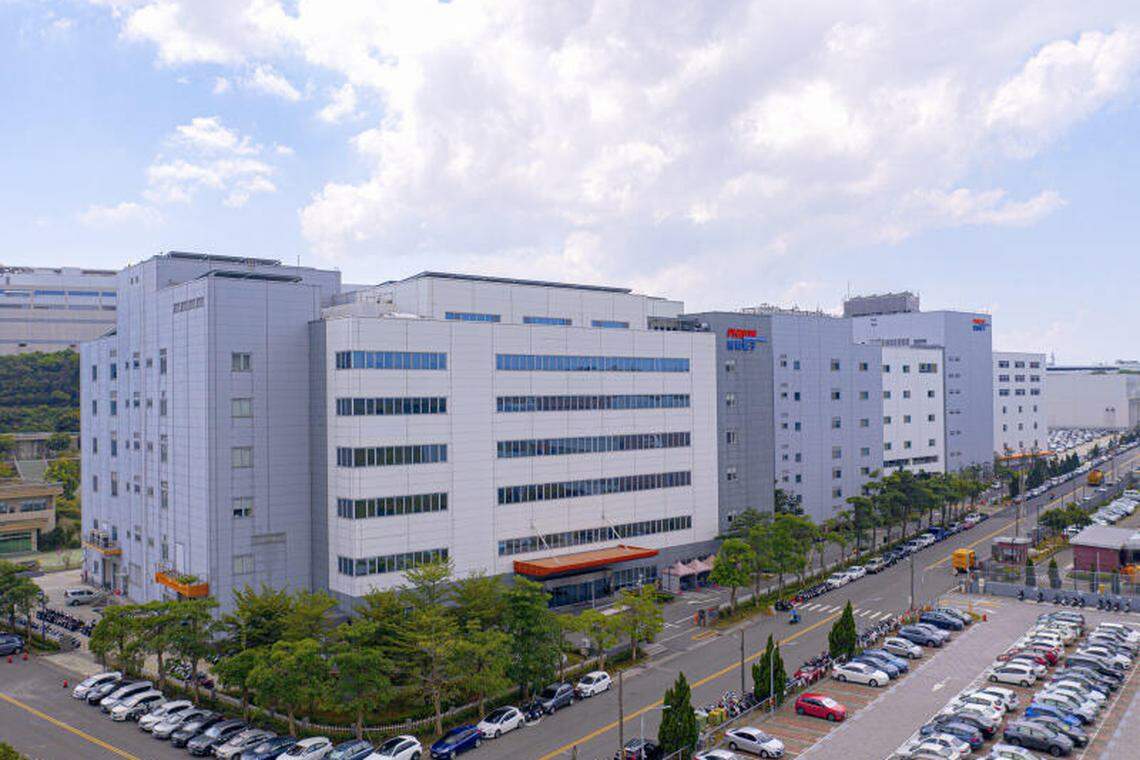
Xu Zunci said that after the war of Sino -US trade, many large electronics factories went to Vietnam to set up a production base in Vietnam. The investment from Taiwanese businessmen to Vietnam also accounted for nearly half of the total foreign investment.Seeing that it was impossible to improve in the short term, Taiwan's high -tech operators turned to look at the new horse.
She pointed out that in 10 countries in Southeast Asia, only Singapore and Malaysia have a semiconductor supply chain.Malaysia's key development of semiconductor packaging and testing (seal testing) factories in the downstream of the supply chain. Singapore plays the regional headquarters as a radiation hub for Southeast Asian countries and is further connected with the mainstream Western supply chain.
As for the precision machinery industry, Xu Zunci pointed out that as Southeast Asia conducts industrial transformation, improvement, and factories, Taiwanese industry players need to produce equipment. In recent years, Taiwanese industry players have also started to set up factories, assembly and nearby service customers in Southeast Asia in recent years, reflectingThe Southeast Asian market is becoming more and more important.
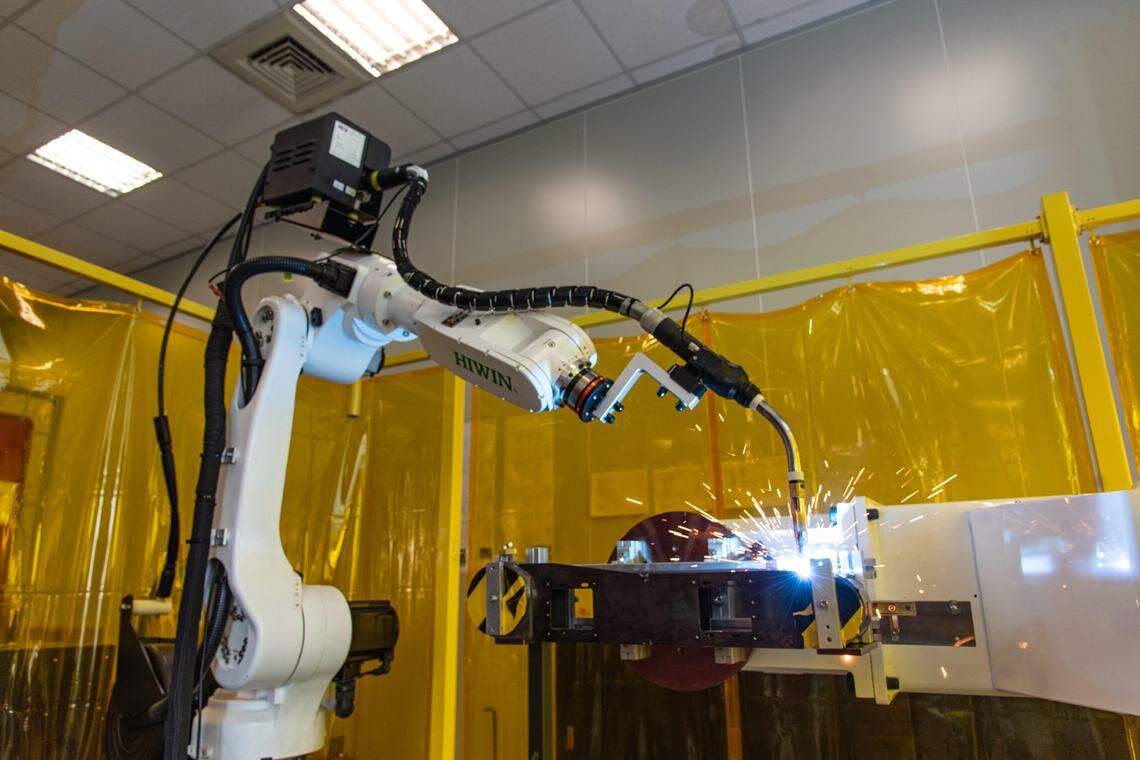
The new horse blueprint of the precision machinery industry
Headquarters Hiwin (HIWIN), headquarters in Taichung and set up subsidiaries in 13 countries around the world, is the world's top roller screw screw and linear slide rail manufacturers. It is also a leading brand of transmission control technology.Business and medical appliance vendors provide services.
According to the United Morning Post, the precision machinery industry has a complete supply chain in Taiwan, and the industry's adhesion to Taiwan is very high. Considering the increase in production costs and the lack of landlord subsidies, the industry is hesitant to the layout of Taiwan.
However, Shangyin's scientific and technological layout was early, and now it quickly felt the transfer of supply chain, and continued to work together.Zhang Kunyao, senior director of Shangyin Technology Marketing Group, who is responsible for multinational business, said in an interview with Lianhe Morning Post that the company opened branches in Singapore 10 years ago to serve local multinational high -tech customers, provide high -end overall solutions, and expand a few years ago.Go to Penang and Selangor in Malaysia.
He revealed that in addition to the transfer of Taiwanese industry to Xinma recently, there are also Nordic customers who transfer the focus of the industry to Singapore. After hearing the news, he immediately explained that Lion City was responsible for his colleagues.In order to protect the privacy of customers, he asked not to disclose the name of the company.
Zhang Kunyao said, "Where is the customer, we are there." For the political trend of the Cold War of the Sino -US Science and Technology Science and Technology, the industry cannot control it, but the priority consideration of Shangyin is to serve customers nearby and act quickly after listening to the customer's voice."No matter how the global supply chain runs around, how the situation of the Cold War of China and the United States evolved, the needs of customers will always be there. We will follow customers and serve customers."
Zhang Kunyao said that Shangyin Technology provides automated services for all walks of life, especially robotics and machinery components that improve productivity. In addition to providing high -value equipment for international leaders, for international and medium -sized customers or new entrepreneursCome also does not refuse. Even if customers buy "one or two machines", silver will also receive orders. The focus is to support innovation ideas and grow with customers.
When it comes to the development blueprint of Xinma, Zhang Kunyao said that the company's out -of -headquarters head of the headquarters is responsible for the Singapore base and hire many outstanding national talents who can speak Malay, Indonesian and Thailand.Service and sharing cooperation network.
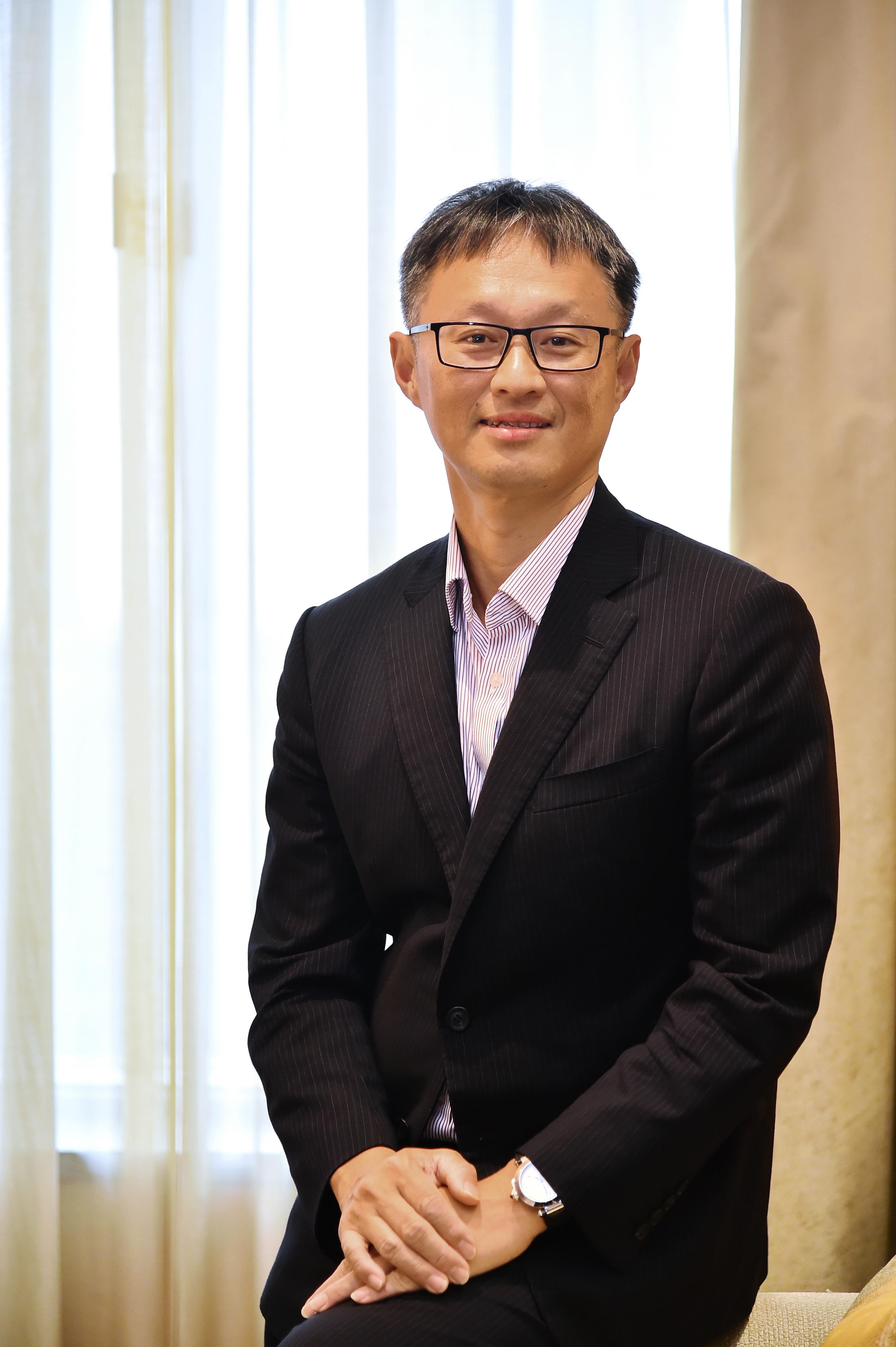
The chip designer waits for a good opportunity to set up a R & D center in Malaysia
Pan Jiancheng, known as the USB Paper Godfather, the founder and CEO of the Qunlian Electronics, was Malaysians. He went to Taiwan Jiaotong University for further studies in his early years.Today, the long -term NAND Flash controller chip is the global NAND Controller and NAND Storage leader manufacturers. It sells more than 600 million control chips worldwide every year.
Over the past six months, Pan Jiancheng has repeatedly met with the Malaysian Ministry of Finance and the Ministry of International Trade and Industry.
He said in an interview with Lianhe Morning Post that the company faced the pressure made by US customers' requirements for decentralized risks. In addition, the company also had a need for expansion of the company because of continuous growth.Test that Malaysia's development is also actively responded by officials.
For the factors of the Southeast Asian countries' factories, he pointed out that Singapore costs more expensive and suitable for regional headquarters; Indonesia is limited to education levels suitable for low -level manufacturing or mining industry; Vietnam has speculated this year's speculators, "Before wealth, it will be expensive. "It is the first choice for expansion.
Therefore, Pan Jiancheng focused on Malaysia.Malaysia has sufficient human resources and moderate costs. It is a global semiconductor semiconductor semiconductor semiconductor semiconductor town in the industry chain.He pointed out that Malaysia is mainly based on the electronics manufacturing industry in the past 50 years. Now the government considers the industrial transformation and upgrade. The chip design and development of the upstream of the industrial chain is a strategic option that can provide high added value.
Pan Jiancheng revealed that Qunlian has units that serve local markets in mainland China, the United States and India, but only consider starting the chip design and development center in Malaysia. As for whether it can be successful, it is easy to say that it is easy.Very difficult.
It is easy to have funds, ready -made technologies, and mature products. As long as the new company and cadres are set up, they will recruit a large number of graduates to carry out talents and retain their talents.
The difficulty is that the procurement system of the Malaysian government is "indigenous priority". If the group is required to take root, the local government needs to launch the "local content requirement (also known as the localization requirements).The proportion, the chip and electronic system developed in the local area, so that the domestic demand company in Malaysia can be supported by Malaysia, with a view to the development of competitive products after three or five years strong, and stand firm in the international market.
He bluntly stated that Malaysian officials have the intention to upgrade the industry and understand that the political will need to be promoted. However, in the face of the system and interest groups of the stacked bed houses, changes are also hindered.
Pan Jiancheng said that if there is no open and transparent policy, after a few years of investing, I am afraid that he will be able to drift and drift away, and "the gods will hurt the fortune", so he would rather wait and see.However, as long as Malaysia's policy of launching white paper, "we can make a decision in a day."
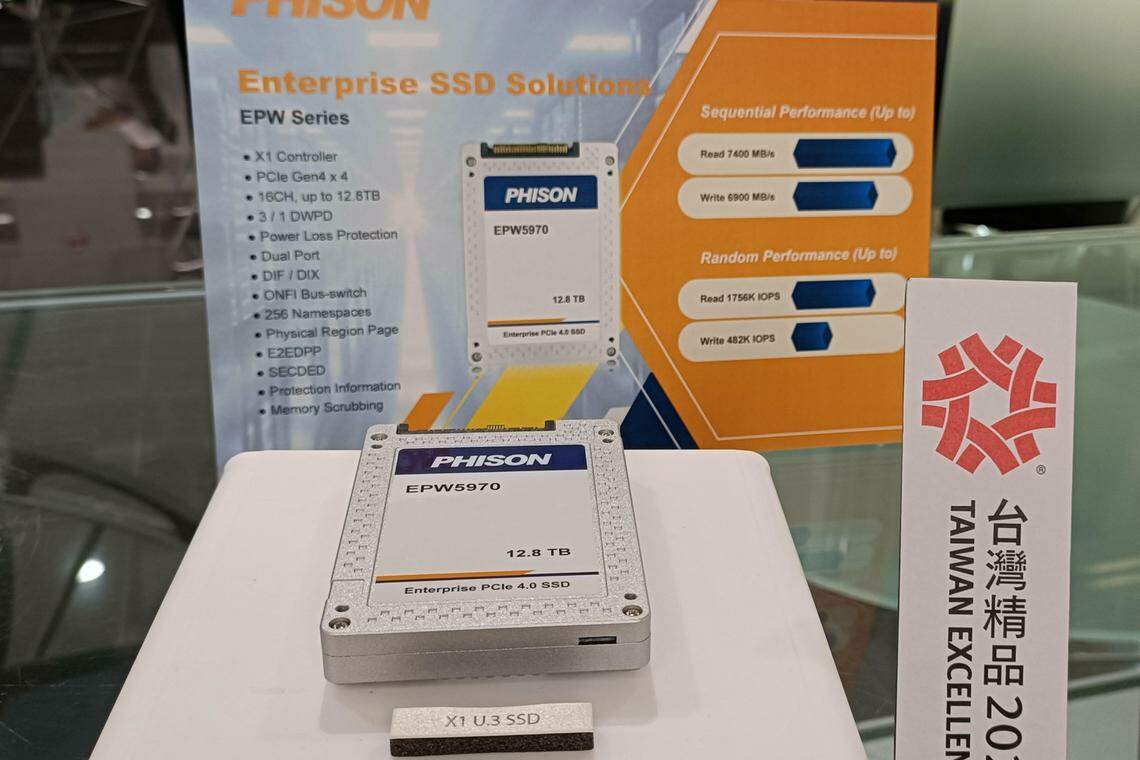
Taiwan businessmen's new south investment has surpassed the mainland investment
Taiwan's promotion policy seven years ago has expanded the economic and trade and cultural policies of 10 countries in Southeast Asia to a total of 18 countries in South Asia and Oceania.According to data from the Taiwan Investment Council, Taiwanese businessmen's investment in the investment in the Xinnan -partner country in 2022 was US $ 5.27 billion (S $ 7.121 billion), surpassing $ 5.5 billion in mainland China.In the first half of this year, Xinnan -to -country investment invested 2.12 billion US dollars and surpassed US $ 1.91 billion in land investment.
Singapore accounts for 5%of the global wafer production and 11%of the global semiconductor market.According to the Ministry of Trade and Industry of Singapore, 20%of global semiconductor equipment is manufactured in Singapore.Taiwan Union Co., Ltd. increased its capital $ 5 billion in Singapore last year and has announced that it will continue to invest in the future.
According to data from the Malaysian Semiconductor Industry Association (MSIA), 7%of global semiconductor trade is completed through Malaysia, and 13%of the world's semiconductor packaging and testing are performed in Malaysia.
The challenge of Xinma, the risk on both sides of the strait
From both sides of the Taiwan Strait to the two sides of New Malaysia, the security risks of enterprises have decreased, but in the face of the risk of unstable political situation in Malaysia, they face the challenge of inflation in Singapore.
Xu Zunci, director of the Taiwan ASEAN Research Center of the China Institute of Economics, said that Singapore has always been a regional headquarters of R & D centers, high -end service and financial industries in Southeast Asian countries, and plays the role of radiation hub in the service area.
However, according to the information she studied and received, Singapore has soared too high in the past two years. No matter the land, housing, and living costs, foreign talents can not be eaten, especially even if the government has launched the housing market cooling measures, there are still many China in China.The rich in the mainland is speculating. "If the situation continues, it will affect foreign investment."
Speaking of Malaysia, she noticed that the semiconductor manufacturers have expanded in Malaysia in the past few years, including Intel in December 2021 that they have invested $ 7.1 billion (S $ 9.59 billion) in December 2021.Packaging and testing plants and improvement of advanced chip packaging capacity of old factories are expected to start in 2024.Hon Hai Group announced in May last year that the monthly production capacity of 40,000 pieces of 28 nanometers and 40 nanometers of 12 -inch wafer fab is also recently held. Sun Moonlight has recently held a new plant in a new plant. It is expected to invest 300 million US dollars in five years.
However, she mentioned that Malaysia's five -year change of Prime Minister after five years after 2018 is worrying how long can the unity government leader led by Prime Minister Anhua last year and will it collapse in the next few years?
Some comments pointed out that Anwar's election of the Six State Council in August flew at low altitudes, which can also be said to be "passing the body". In addition, there is no large -scale baggage burden in the next four years. It is time to test AnhuaThe determination to be good at governing the economy.
However, Xu Zunci pointed out that the number of seats and votes of the Anwar government have dropped doubles. Foreign capital now looks at Malaysia. Whether the political situation is unstable is indeed a new concern and new concern for "five years ago".
The risk of the Taiwan businessmen's survival of the Taiwanese businessmen is not solved
Zhang Deng, deputy dean of the Humanities and Social Higher Institute of Humanities and Socials in Taiwan University and Professor of the Department of Political Department, and accepted an interview with the Lianhe Morning Post that the international relations in the post -epidemic era have experienced subtle changes in the voyage of Chinese and American offensive and defensive positions.The "risks" of the West gradually alienated in mainland China have also allowed the United States to create a favorable international atmosphere of security, economic and trade pressure, disconnected science and technology, and discounted culture and education.
He said that the United States and Western allies have sacrificed the "combined fist" from science and technology, industry, supply chain to cultural and education, and "precisely intercepted surrounds" in the field of culture, education, and social fields.
However, Zhang Deng and reminded that the layout of Taiwan ’s plus one or China and plus one, of course, allowing Taiwanese businessmen to avoid risks, transferred the parts of high value in the supply chain to Southeast Asian countries, and even to free trade block“ washing"Origin" (illegal transfer) is sold in Europe and the United States, but this only shows that the intersection of economic and trade interaction between Taiwanese businessmen and the mainland is beneficial to the survival of Taiwanese businessmen, but it may not be able to bring geopolitical security for Taiwan.
He said that it is like TSMC, which produces 90 % of the world's high -end chips. Some people regard it as a silicon shield, and some people are regarded as silicon targets, which are safe or dangerous.Strategic will and interaction of Sino -US relations.

